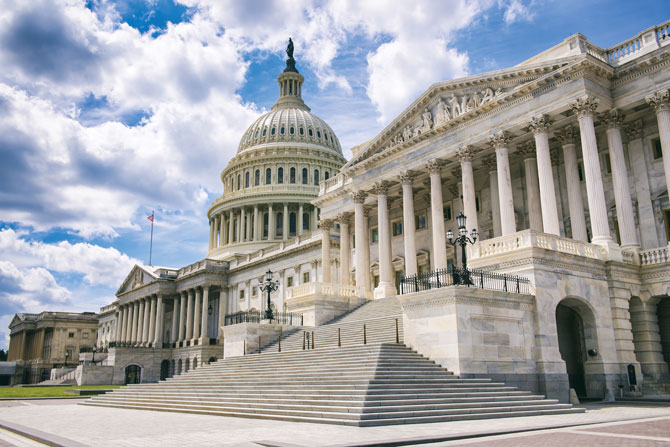After tapering off during the pandemic, the trend of credit unions buying taxpaying community banks is back – and credit unions are becoming more aggressive than ever in their pursuit of acquisition targets. The first half of 2021 has already seen two precedent-shattering deals: Jacksonville, Florida-based VyStar Credit Union’s acquisition of a $1.6 billion Georgia bank is by far the largest purchase of a bank purchase by a credit union to date. And more recently, the announcement by Iowa-based Green State Credit Union that it would simultaneously acquire not one but two community banks in the Midwest.
Acquisitions like these are a bad deal for taxpayers, a bad deal for communities, and a bad deal for consumers. They erode state and federal tax bases at a fundamental level, diverting funds away from essential infrastructure projects and other government initiatives. Perhaps even more egregiously, in the case of VyStar – which paid an 80% premium on its acquisition transaction – is the fact that the firm’s tax-exempt status means American taxpayers effectively subsidized the purchase.
Analysis by the Government Accountability Office shows that credit unions are now serving more middle- and upper-income customers rather than customers of “small means” – the congressional mandate behind the credit union tax exemption. Rather than focusing on low-to-moderate-income communities sharing a common bond, credit unions increasingly target a wealthier client base, market wealth management services, luxury goods financing and commercial banking services. This is not what credit unions were created to do.

Consumers also lose out when credit unions gobble up community banks, given that credit unions are not held to the same rigorous regulatory standards as banks when it comes to consumer protection or community reinvestment.
These deals are also bad for the credit union industry itself, as small credit unions are increasingly forced to compete with an expanding cadre of large, growth-oriented firms. Yet despite all this, credit unions continue to persist in their pursuit of community bank acquisitions, aided and abetted by the National Credit Union Administration, which went so far as to attempt to formally codify this process with a proposed rulemaking last year – a step ABA vigorously opposed.
These efforts represent yet another assault on the statutory definition of “credit unions” enshrined in the Federal Credit Union Act that has been going on for years. It’s even been acknowledged at the highest levels of the leadership of the NCUA’s. One need look no further than former NCUA Chairman Mark McWatters’ warning that the agency he once led has become “inappropriately emboldened” and has allowed the institutions it is charged with supervising to creep far beyond their statutory boundaries.
It’s time for Congress to step in.
Lawmakers must determine whether these types of acquisitions – and the negative consequences that follow – align with the public policy goals Congress intended when it created the credit union tax exemption in the first place.
Until they do, the banking industry must continue to push back – as it has in states like Iowa and Colorado, where state regulators have determined that local statutes do not allow credit unions to acquire state-chartered banks. ABA will continue its advocacy against these types of mergers – as we did in a recent letter to the OCC, highlighting the particular threat they pose to the mutual bank business model.
We will continue to make these arguments loudly and often because we know that when tax-exempt credit unions overtake taxpaying banks, everyone loses.
Email Rob Nichols at rnichols@aba.com.







